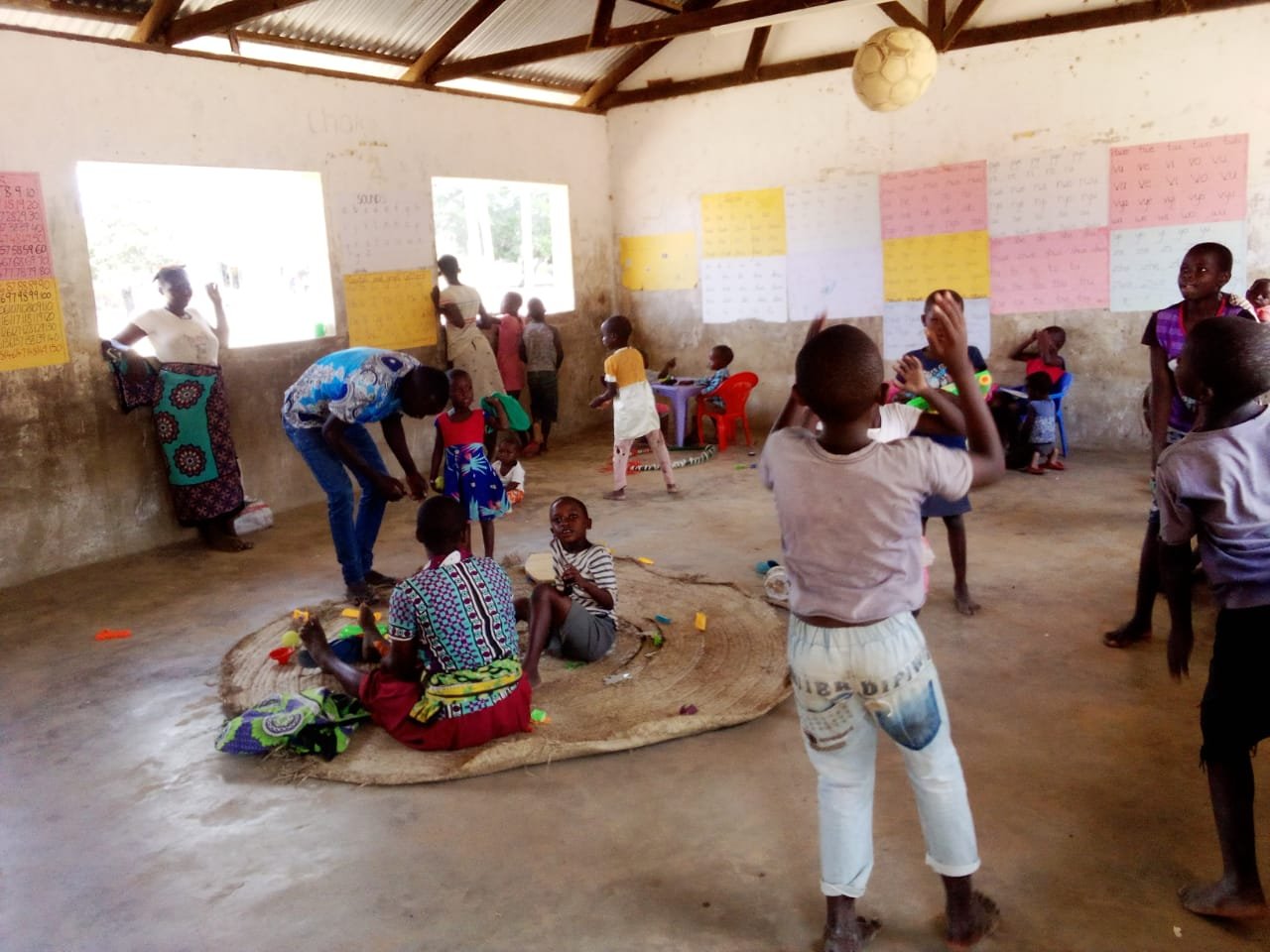Kenya
The Malanga Inclusion Project
The Malanga Inclusion Project - our project partner - was formed in 2017 out a parent self-help group of disabled people and parents. The project is our busiest – delivering more than 8,000 visits in 2021. Our playschemes are based at 4 schools which means that we are highly visible and at the heart of a local community. We want our projects to be highly visible, so communities see and hear joyous scenes of disabled children playing.
Our work here is currently focused on Malanga, a rural area in Kilifi County in the North East coastal area of Kenya. The participation of disabled children in their communities and in education is extremely limited (you can read about ‘special educational’ provision here) - most are hidden in their homes, receiving no education, healthcare or social interaction. The parents of these children also suffer isolation and stigma, and often find themselves caring for a disabled child without any family or community support. The Malanga Inclusion Project is working to end this isolation and meet the needs of disabled children and their families, using a community-based approach.
The Malanga Inclusion Project in action…
Playschemes
Playschemes are open five days a week based at four government-run primary schools and are the hubs for essential services – like inclusive education. As the playschemes are based at schools children can dip in and out of formal education as and when they are ready. But before all this happens the playscheme means that disabled children are immediately out and about – their isolation ended, making friends and cared for by play teams who role model inclusion and valuing disabled children. Play teams recruited locally work all year-round with more than 120 disabled. children.
Parent support
The team build relationships with parents – this is so important. Parents of disabled children may feel isolated and alone so we set up meetings for parents, carry out home visits and simply get to know the family so that parents feel connected with their community.
This work also plays a key role in identifying other disabled children who need our support. We have found that just giving parents a space to talk and support one-another can be life-changing. It also empowers parents to be advocates for their disabled children, helping to tackle stigma and create an inclusive community.
Medical support
Our playschemes provide a vital setting for basic medical care and primary assessment of the children’s needs. We have employed a Medical Support Officer (MSO), who is a qualified and experienced physiotherapist. The MSO provides physiotherapy to the many children who need it, whilst also providing a range of services including the setting and plastering of simple fractures, treating infections, and nutrition monitoring and support to all the children who attend the playschemes in Malanga. The MSO assists children in accessing further medical care when required. Mobility aids, medication, and other treatments are also provided as available and appropriate.
Inclusive education
Whilst we aim to include disabled children in mainstream school, we recognise that simply getting disabled children into the classroom is not tantamount to their inclusion. With large class sizes, limited resources and inexperienced staff, ensuring that a disabled child has a meaningful educational experience at school is a major challenge and can prove impossible. The only available, accessible and appropriate educational setting for most disabled children is the Malanga Inclusion Project playschemes. We all know we learn through play – this is true for us all. Our playschemes provide a stimulating and immersive educational environment.
The playscheme allows staff to assess and identify disabled children who can be supported to participate in mainstream classes by playworkers and school staff if it is in their best interests.
Our aim is to help shape an inclusive education system by:
facilitating working relationships between community playworkers and the school teachers
creating a network of teachers from participating schools for information and idea-sharing
establishing ‘Inclusion Clubs’ – groups of non-disabled children who will be taught about disability, participate in playschemes, and become advocates for inclusion
providing an alternative strategy for inclusive education which can be replicated across the country











